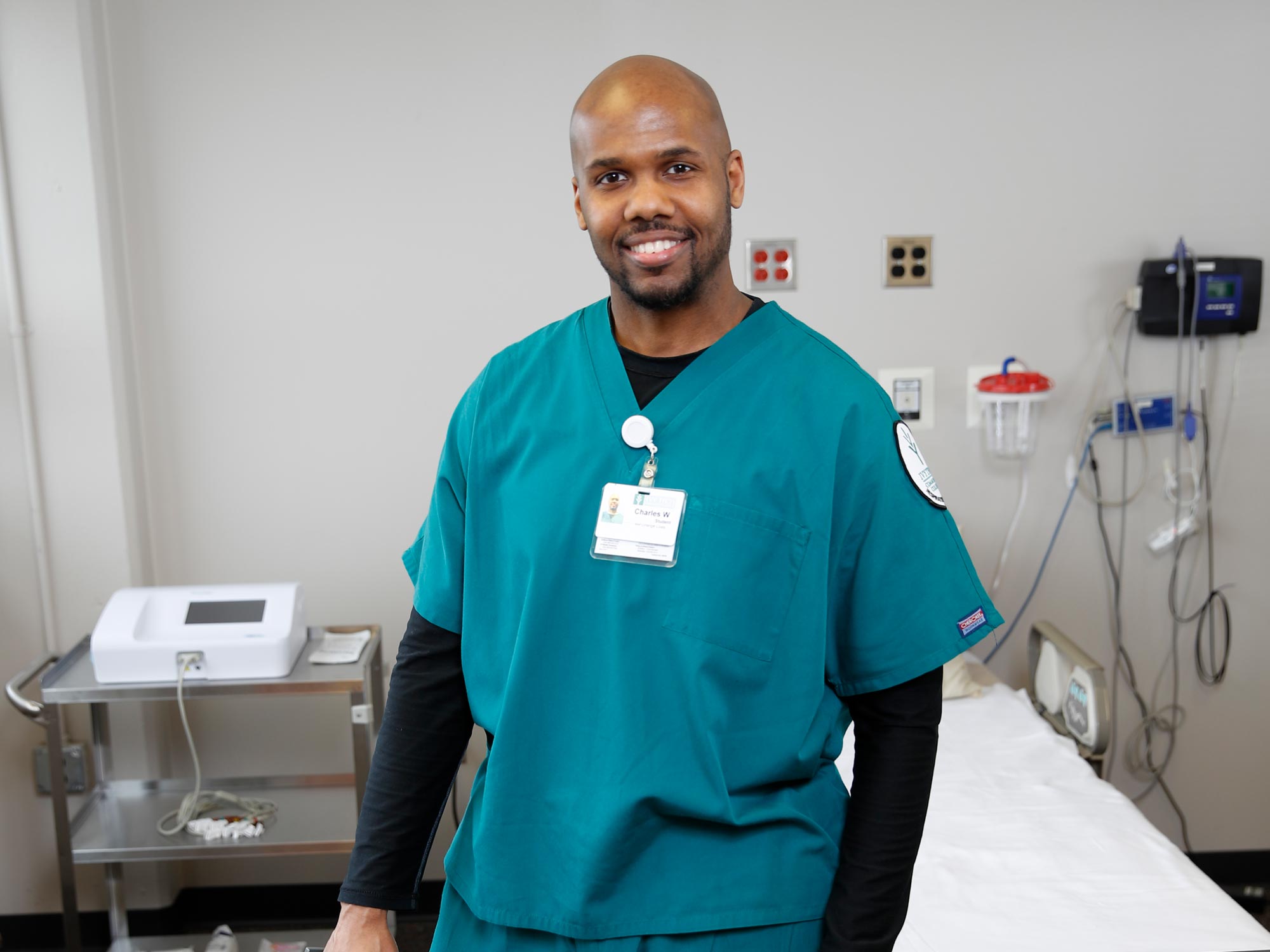Professional Northeast Medical Institute Phlebotomy Classes Stamford: Obtain Licensed
Professional Northeast Medical Institute Phlebotomy Classes Stamford: Obtain Licensed
Blog Article
Critical Factors to Consider When Picking the Most Ideal Medical College Educational Program for You
Picking one of the most fitting medical school curriculum is a pivotal choice that can considerably affect your academic journey and future career course. As striving medical professionals, the choice of educational program need to line up with your personal learning design and occupation goals. However, past these first factors to consider, various crucial variables enter into play when making this choice. By discovering the subtleties of teaching methodologies, educational program flexibility, and professional direct exposure opportunities, an extra extensive understanding of what makes a curriculum appropriate for you emerges. Allow's explore these essential aspects that can shape your medical education and learning and ultimately, your specialist trajectory.
Personal Knowing Design

Clinical schools that supply diverse training techniques and sources can fit various discovering designs, cultivating a dynamic and inclusive academic environment. Inevitably, comprehending individual learning preferences equips trainees to make enlightened decisions regarding their medical education, establishing a strong structure for their future jobs in healthcare.
Occupation Objectives Positioning

Moreover, straightening occupation goals with the medical school curriculum can additionally boost motivation and engagement throughout the instructional trip. They are a lot more most likely to stay focused and devoted to their studies when students see the straight relevance of their coursework to their future occupation. As a result, when picking a clinical college curriculum, it is critical to meticulously think about just how well it aligns with one's job goals to make sure an effective and satisfying specialist path.
Mentor Techniques
Taking into consideration the alignment of profession objectives with the selected clinical college curriculum, an examination of the mentor methods utilized comes to be important in shaping the finding out experience. The performance of a medical college curriculum greatly counts on the training methodologies utilized by the organization. Numerous mentor approaches, such as talks, little team conversations, problem-based learning, simulation-based training, and hands-on scientific experience, can considerably impact how well students retain and comprehend information.
Simulation-based training permits pupils to exercise clinical skills in a controlled environment before communicating with genuine clients. Hands-on medical experience offers a direct understanding of individual care and medical practices.
When selecting a clinical institution curriculum, aspiring students need to take into consideration the mentor approaches employed to make sure that their discovering choices and toughness line up with the academic method of the establishment.
Curriculum Flexibility
When reviewing clinical institution programs, assessing the level of curriculum adaptability is crucial for potential students seeking a customized educational experience. Curriculum adaptability describes the degree to which trainees can individualize their understanding paths within the clinical school educational program. A curriculum that offers flexibility permits trainees to pursue their interests, emphasis on locations where they require much more assistance, and take part in discovering experiences that align with their job objectives.

Prospective medical pupils ought to take into consideration exactly how a clinical school's curriculum adaptability aligns with their discovering choices, profession desires, and personal objectives. By picking a program that provides the ideal balance of structure and adaptability, pupils can enhance their instructional experience and prepare themselves for successful professions in medication.
Professional Exposure Opportunities
Checking out the practical application of medical knowledge, medical direct exposure opportunities play a critical duty fit a comprehensive clinical education. These opportunities give trainees with vital hands-on experience in actual healthcare settings, allowing them to link the void in between theory and method. When taking into consideration medical school curricula, the top quality and amount of medical direct exposure have to be carefully reviewed.
Reliable scientific exposure must provide a diverse series of experiences throughout different specialties, making certain that trainees are subjected to different medical circumstances and client demographics. Direct exposure to outpatient centers, inpatient wards, surgical theaters, and emergency situation departments can aid pupils create a well-shaped understanding of different elements of medical care distribution. In addition, opportunities for community-based care and communications with underserved populations can foster a much deeper gratitude for the social determinants of health.
Moreover, the presence of encouraging faculty and advisors during these scientific experiences can substantially improve the discovering process. Faculty guidance and positive feedback can help students review their clinical encounters, identify areas for renovation, and boost their scientific skills and decision-making abilities (Northeast Medical Institute CNA Classes Near me Stamford). Generally, robust clinical direct exposure opportunities are important for preparing future doctors to provide high quality client care efficiently
Final Thought
Finally, when selecting a medical school curriculum, it is essential to consider your read more personal discovering design, alignment with profession goals, instructing methodologies, educational program flexibility, and professional exposure possibilities. These aspects play an important duty in determining the most suitable program for your instructional and professional development. Ensure to thoroughly examine each aspect to make a notified decision that will best support your development in the clinical area.
Recognizing one's personal discovering style is important when picking a medical institution educational program. By identifying one's finding out style early on, striving medical students can strategically choose an educational program that provides to their staminas, inevitably improving their discovering experience and scholastic success.
When reviewing clinical college programs, executive mba harvard evaluating the level of educational program versatility is important for prospective pupils looking for a tailored educational experience. Curriculum adaptability refers to the degree to which students can customize their knowing paths within the clinical institution curriculum.In verdict, when choosing a medical college curriculum, it is important to consider your individual discovering style, placement with occupation purposes, instructing methodologies, educational program versatility, and clinical direct exposure opportunities.
Report this page